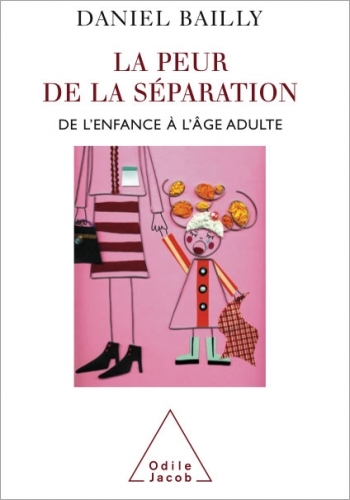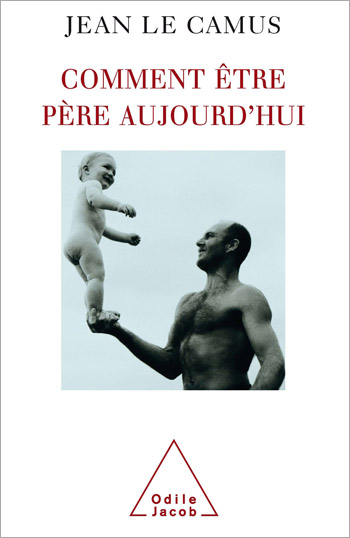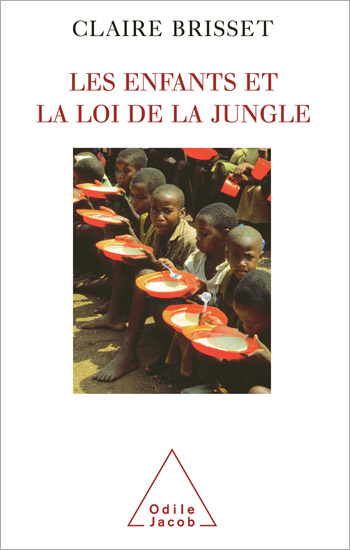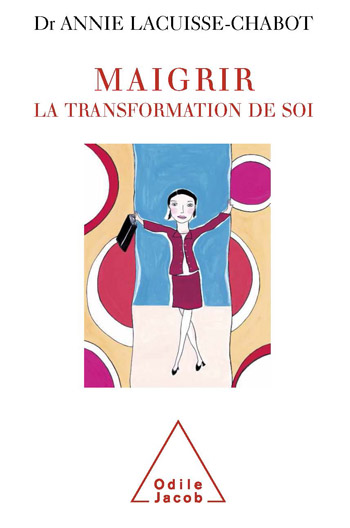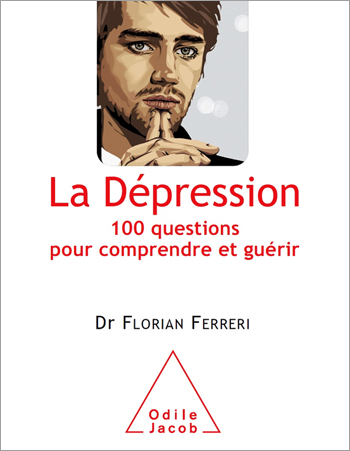Psychology All books
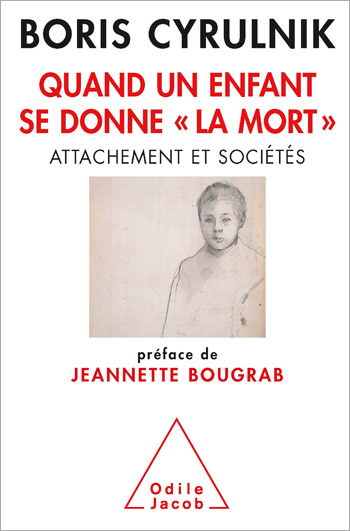
Boris Cyrulnik
Child Suicide Attachment and Society
The number of child and teenage suicides is greatly underestimated, warns Boris Cyrulnik, in a report commissioned by the French government
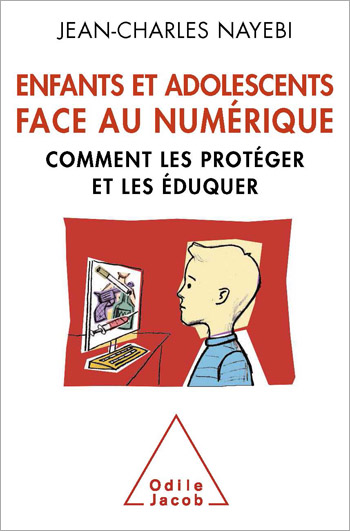
Jean-Charles Nayebi
Preparing, Protecting and Educating Children and Adolescents for Life in a Digital World
An educational and psychological aspect: the author explains how each of the sites accessed (game, chat rooms) can affect or even alter behaviour and lead to addiction.
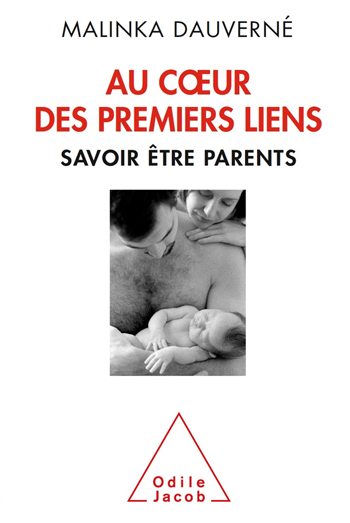
Malinka Dauverné
Early Bonding Advice for Parents
A book for parents to help them bond and establish a good relationship with their child, from the start.

